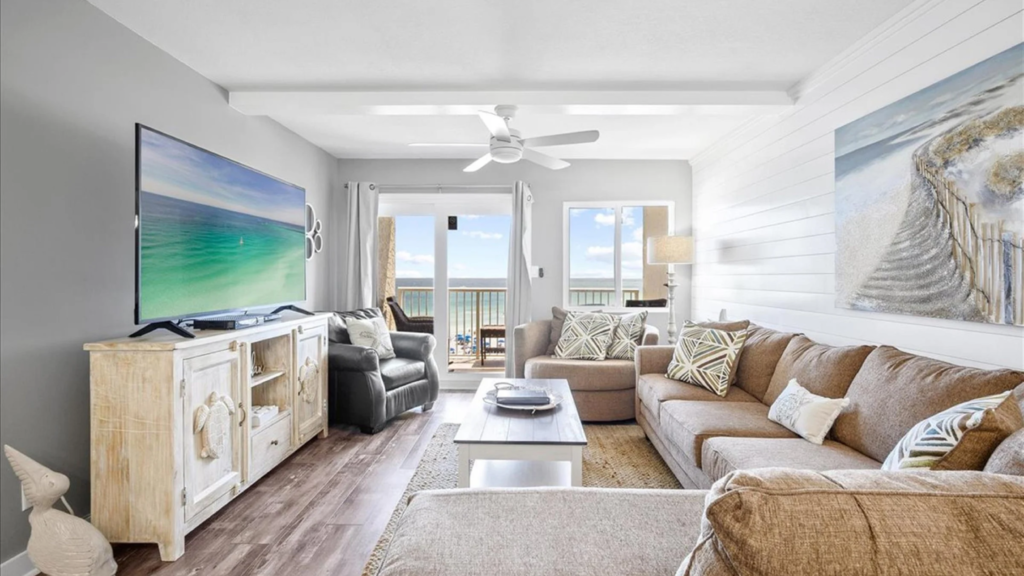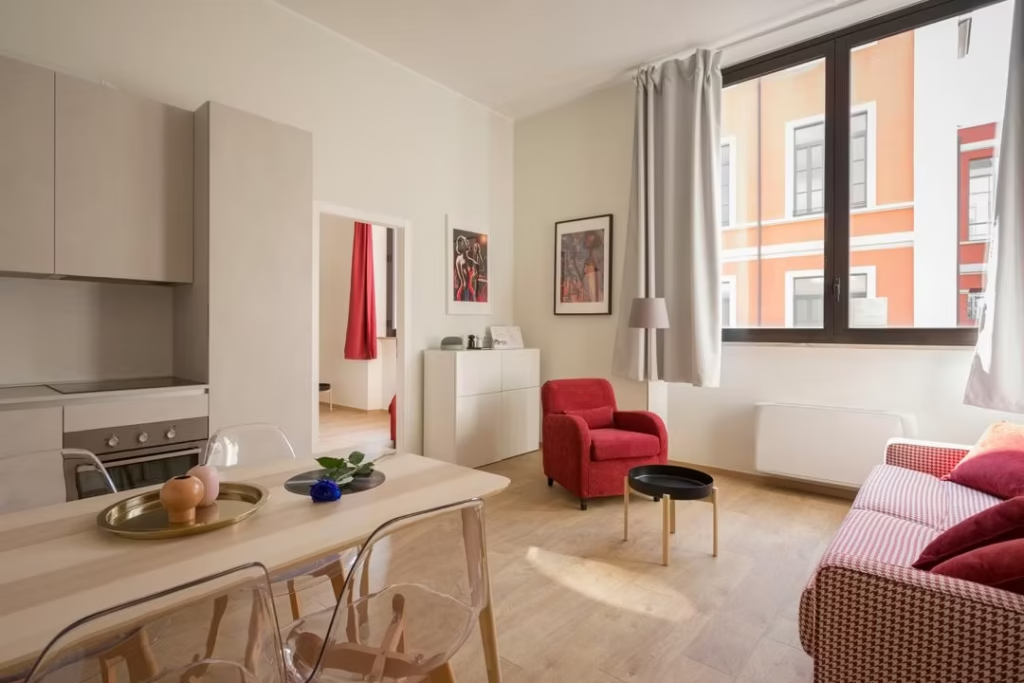Running a short-term rental can seem very interesting until you host a nightmare guest. From rule-breakers to property wreckers, bad guests can cause stress, financial loss, and bad reviews.
Red Flags To Watch Out for
- Vague or Suspicious Profiles: Guests with incomplete profiles, no profile picture, or little to no reviews should raise an eyebrow. While not every new guest is a problem, a legitimate traveller should have some basic details about themselves, including their full name, a verified email, and ideally some past reviews from other hosts. If a guest refuses to provide additional information when politely asked, it may be best to decline their booking.
- Last-Minute or One-Night Bookings: Last-minute bookings, especially for one night on a weekend, could indicate someone looking for a party pad. These guests may not be concerned about your house rules or the condition of your property after they leave. If a guest has no reviews and suddenly books your place for one night, ask follow-up questions about the purpose of their stay. If they are evasive or vague, this could be a red flag
- Unwillingness to Communicate: A good guest will ask questions, confirm details, and respond promptly. If a guest dodges questions about their trip or refuses to clarify details, they may be hiding something. Lack of communication can also mean they won’t respect your house rules or be cooperative in case of issues during their stay.
- Large Groups for Small Spaces: If someone books your one-bedroom apartment for six guests, be cautious. Overcrowding leads to extra wear and tear, noise complaints, and potential damage. Some guests may also try to sneak in additional people without notifying you. Always confirm the number of guests in advance and clearly state the maximum occupancy in your listing.
- Local Guests Booking Your Property: Locals renting a place in their own city can sometimes indicate a house party or illicit activity. While some locals may have genuine reasons—such as needing a place to stay during home renovations—others might be looking for a venue for unauthorized events. If you receive a booking from a local guest, politely ask about their plans before confirming.
- Odd or Overly Demanding Requests: Be wary of guests who ask for unusual favors—such as disabling security cameras, paying in cash, or skipping identity verification. These could be warning signs of rule violations. Some guests may also request early check-ins and late check-outs without regard for cleaning schedules or other reservations. While some flexibility is fine, excessive or unreasonable demands can be a red flag.
How to Avoid these Guests
- Set Clear House Rules: Clearly outline your expectations in your listing, such as no parties, no smoking, and maximum occupancy limits. Reinforce these rules in your welcome message. Make sure guests acknowledge and agree to your house rules before their stay begins.
- Use a Screening Process: Ask potential guests about their reason for visiting and who will be staying. A few simple questions can reveal a lot about their intentions. If a guest is hesitant to answer or avoids direct responses, this may indicate trouble ahead.
- Require Verified IDs and Deposits: Platforms like Airbnb allow you to require government IDs for bookings. A security deposit can also discourage reckless behavior, ensuring guests have a financial stake in respecting your property.This extra layer of protection can help filter out guests who might not take your rules seriously.
- Check Guest Reviews and Ratings: Look at past host reviews. If a guest has multiple bad reviews (or no reviews at all), proceed with caution. A pattern of negative feedback—such as noise complaints, rule-breaking, or property damage—should be a strong warning sign to avoid the booking.
- Install Noise and Security Monitoring: Use noise monitoring devices that alert you to excessive volume levels without invading privacy. Smart locks with unique codes can also track who enters and exits. Security cameras at entry points can provide extra peace of mind without compromising guest privacy inside the property.\
- Trust Your Gut: Your mind can never play with you. If something feels off about a booking, don’t hesitate to decline. A polite “Sorry, but we cannot accommodate your request” is better than dealing with damages later. Your instincts as a host are often your best defense against nightmare guests.
Conclusion
Nightmare guests can turn a profitable rental into a disaster, but with the right precautions, you can filter out the bad apples. By setting strong rules, using screening tools, and trusting your instincts, you’ll keep your rental safe.










